Believe it or not… THIS is the most controversial blog I’ve written to this date. Because so many would understandably ask, “What’s the big deal… just drink plain water until your voice feels free or until you pee pale.”
I mean, vocal hydration to improve vocal function should NOT be that hard, right? Singing teachers have already covered this, right? Maybe… Maybe not! Read on.
Water moisturizes the throat, the entire body, and thus the vocal folds (also called vocal cords).
Fast-Track Your Success!!
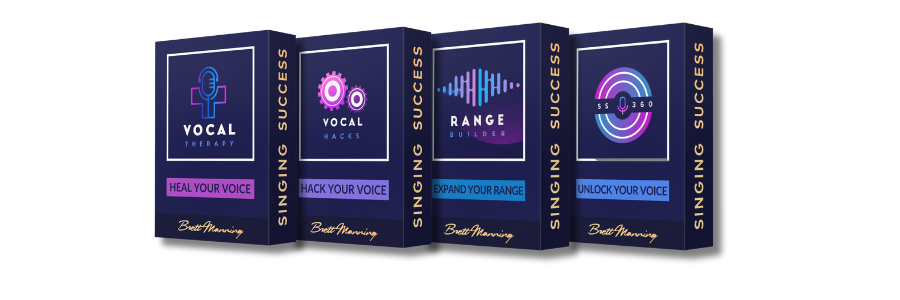
VIP Membership includes:
- Exclusive Facebook Group
- Interact with our vocal coaches–ask them YOUR question
- Live warmups
- Masterclasses and Q&As with Brett Manning and his guests
- SS360 QuickStart Program
- SS360 – The FULL Systematic Vocal Course
- Vocal Hacks
- Range Builder
- Mastering Mix
- Mastering Harmony
- Mastering Vibrato
- Vocal Therapy
- Plus…exclusive content only found here all along the way!
You can struggle on your own, or you can get direct access to the Nashville Coaches who have launched some of the biggest names in the music industry.
We’ve all heard about hydration treatment for healthy voice production and overall laryngeal health. Statements like:
“Drinking water to maintain vocal health is essential.”
“Drink 3 to 5 quarts of water per day, depending on your weight.” (NOOOOO! Don’t! I’ll explain later.)
“Singers… remember to sing wet and pee clean.” (REALLY? This is written in the rehearsal room of a famous opera house to remind singers that hydration levels need to be high enough that you “sing wet” with hydrated vocal folds and “pee clean” because you’ve had enough water intake to make your urine clear.)
All of these things CAN be smart, but healthy adults suddenly obsessing over their hydration status can overdo it.
Discussing Dangers Before Benefits
How dangerous can excessively drinking water be? It can be DEADLY! WHAT? Yes, you heard me right. I’ve heard certain “types” of vocal coaches (Dilettantes-those claiming expertise without training or instruction, in other words, gifted, but guessing) say, “Drink as much water as you possibly can.” NO!!! Read on…
Beware of Over-Hydration or Hyponatremia
Sodium is an electrolyte. One of the most important electrolytes for human survival. Drinking water low in electrolytes dilutes the sodium in your body. The effect is raised water levels in the body. This can cause swelling that can extend, in some cases, to the brain and become life-threatening!
Dangerous Symptoms of Hyponatremia
Hyponatremia symptoms may include:
-
Confusion
-
Chronic fatigue
-
Headaches
-
Coma
-
Seizures
-
Irritability or restlessness
-
Nausea or vomiting
-
Muscle cramps or spasms
What is an Electrolyte?
Electrolytes are essential minerals in your body and bodily fluids that include:
*Sodium, calcium, potassium, chloride, phosphate, and magnesium.*
They regulate muscle contractions, maintain PH balance, keep you hydrated, and control nervous system function. Yes… this means voice production is dependent on proper vocal fold hydration.
You get electrolytes from the foods you eat and the fluids you drink. The levels of electrolytes in your body can become too low or too high. So it’s crucial that you learn optimal hydration.
At the end of this article, I’ll recommend a partial list of my favorite hydrating drink additives, as well as foods. In the meantime, consider the negative effects on overall health that sugary, artificially-colored “sports drinks” have on the body. Instead, look for healthy alternatives that aren’t part of a “gas station food” based diet.
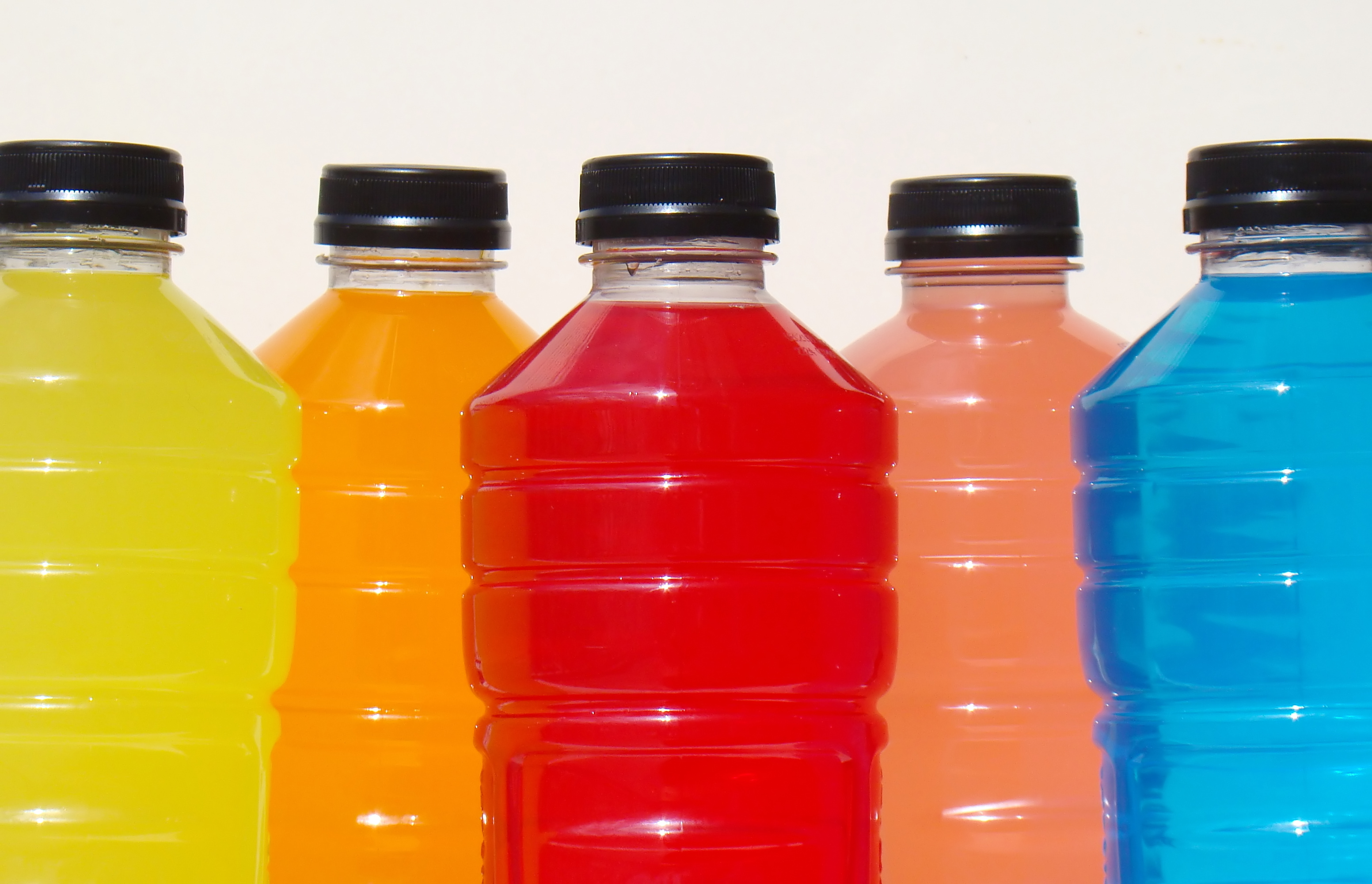
Vocal Health
I’ve taught about the ever-changing world of vocal health for dozens of years. Yep! Dozens 😉! The magic remedies of yesteryear have “allegedly” been replaced with new information that is “supposedly” true.
So, according to my “quote marks” you might sense the sarcasm in my sentences. But cynicism is a far better word. So, I’m left to balance the old-school wisdom with the new-school health hacks.
Remember this principle:
Your voice is a reflection of your habits. Healthy or unhealthy? Talent is not enough!
Your vocal folds (remember, vocal folds and vocal cords are interchangeable terms) directly affect what we eat and drink. That is…
Why it’s important to keep vocal folds hydrated…
The vocal folds are delicate. The muscles around the vocal folds (vocalis muscle or thyroarytenoid) and other extremely delicate tissue can dry and crack easily when systemic and superficial dehydration occurs.
Systemic hydration intervention is necessary.
The surface of the vocal cords is covered in a jello-like substance called the mucosa (mucous membrane), which protects the vocal cords from compression because this respiratory mucosa allows the vocal cords to come together and produce sound with far less tension.
Also, vocal fold hydration maintains better flexibility in the vocal folds. And because vocal fold vibration increases exponentially (doubling in vocal cord vibrations per second, each octave higher), vocal fatigue and damage can occur more easily if the thin layer of mucosa is subjected to a lack of fluid intake, resulting in vocal dehydration.
The biomechanical properties of the voice – and the entire body, for that matter -are dramatically improved with proper hydration. Biomechanical properties refer to:
Stress, strain, elasticity, and viscosity that a particular part of the body can endure. So think of it simply like this: without water intake, all physical activities become more difficult, injuries become more likely, and the body rapidly grows weaker.
Later in this article, we will discuss superficial hydration and systemic hydration and precisely how each of the forms of hydration affects vocal fold health.

Hydration Helps to Lubricate the Vocal Cords and Improves Articulation
To most of us, this would seem kind of obvious. But when you have “natural” singers who never think about vocal cords, diaphragm, proper technique, or how a singer’s diet is essential in promoting laryngeal health, you realize that MOST of these singers only instinctively embrace good habits by trial and error.
For the rest of us—especially professional singers—we need to “feel” with our ears and learn to “feel” our voice quality. Meaning: staying hydrated will give you a measuring stick because you “feel” hydration in the clarity of tone.
A lubricated voice box (larynx) performs efficiently and smoothly in the same way that machines and engines perform smoothly when they have the proper amount of oil.
Some argue against this analogy because vocal fold physiology is drastically different from man-made machines. But the analogy stands as a reminder, not a representation.
But “articulation”? How does hydration affect that?
If you’ve ever sung with a dry mouth or “cotton mouth,” you’ve felt the lack of freedom in articulation. Typically, if someone has a lot of loose skin at a young age, it’s because their outer skin is telling on them, signaling a lack of water.
Since articulation is primarily made with the tongue and lips, dehydration can immediately increase effort in articulation. The topical hydration felt inside the mouth gives the voice a shimmer due to the crisp nature of your articulation.
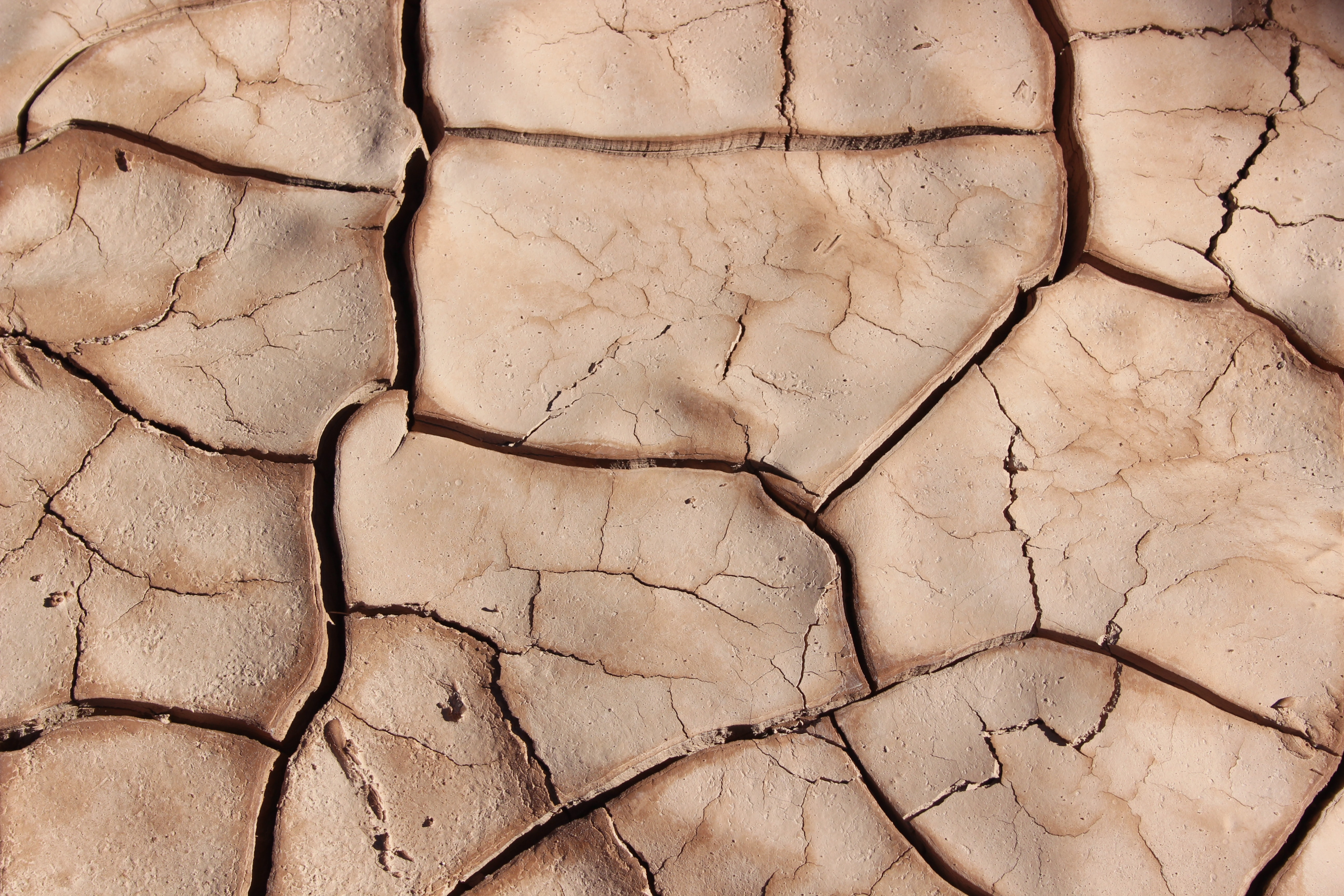
How Much Water Should A Singer Drink?
First off, let’s consider that it can take up to four hours for the water you drink or eat (more on this later as we discuss hydrating foods like watermelon, etc.) to circulate through the body enough to affect the voice.
So typically, you want to hydrate BEFORE you start singing or even doing voice warm-ups. Best to remain in a hydrated state continuously. Hydration should be a lifestyle for perpetually healthy vocal fold tissues to maintain an easy PTP (phonatory threshold pressure).
Let me repeat:
Dehydration = difficult singing voice.
Vocal hydration = healthy vocal function.
So a good baseline is 8 glasses a day for women. 10 glasses a day for men. However, this is based on the bare minimum. I personally need 16 glasses or a whole gallon, which can be decreased with more electrolytes. This doesn’t take into account the following factors:
-
Age
-
Height
-
Weight
-
Sugar intake
-
Caffeine intake
-
Activity level
-
Humidity levels
-
The elevation you live in
-
Alcohol Consumption
-
MSG intake (extremely dehydrating)
-
Overall dietary habits (foods that hydrate vs dehydrate)
The difficulty in understanding all this can be understood in one short video. I’ve benefitted greatly by listening to him for years. Also, here’s a simple hydration calculator to give you a starting point.
Singers, get this right and your voice will thank you. Increased systemic hydration is the FIRST health concern for proper voice care.
*Electrolytes change the whole entire formula. Watch this video for concise info.
7 Tips to Keep Your Vocal Folds Hydrated
The quality of your water matters. But further research indicates that much “bottled water” isn’t always that much better.
Systemic hydration or internal hydration should be your first concern because it’s easier to control and affects more than vocal function. The heart, brain, circulatory system, digestive system, kidneys, liver, and skin are affected by the quality of the water you drink.
Also, purchasing a water filter and a glass water bottle or bottled water that is in a glass container will help you avoid the toxins present in plastic water bottles. Many gyms and public buildings now have water bottle refill stations at their water fountains. Use them!
As a reminder, keep in mind that superficial hydration refers to external or topical hydration. In other words, if you live in a humid climate, or have a personal humidifier, or have found some throat sprays proven to increase superficial hydration (this is another source of debate), then you’re doing the latter half for good voice hydration.
Superficial dehydration is more likely to occur in desert climates. While there is some evidence for increased systemic and superficial hydration in promoting voice health, further research is needed to validate current clinical recommendations.
1. Avoid oral breathing to stay hydrated
“Vocal folds undergo osmotic challenge by mouth breathing during singing, exercising, and loud speaking. Just 15 minutes of obligatory oral breathing, to dry the vocal folds, increases phonation threshold pressure PTP (also referred to as Pth) and expiratory vocal effort in healthy speakers” (M. Sivasankar & K. Fisher, 2002).
In other words, mouth breathing dries the vocal cords. The better you hydrate yourself, the easier your vocal folds come together and vibrate, producing the best possible tone.
Hydration = more sound with less effort!
For years, I struggled with breathing from my nose due to allergies and a deviated septum. In my first year of life, my mother had to sleep next to me and learn to listen if I was struggling to breathe. This just shows the natural sacrifice a true mother has for her kids.
Well, that ended with me being a chronic mouth breather while sleeping. I’ve since been able to discipline myself to breathe through my nose, and sometimes this translates to sleep patterns. But it’s still difficult for me.
The surprising benefit of having dehydrated, stubborn vocal cords is that I’ve been able to coach others through this challenge and still revive the singing voice, even if more effort was needed.
In human subject studies with a clinical focus, virtually all results say, “Pursue hydration and stay hydrated!”
2. Avoid Caffeine and Alcohol
TOO MANY caffeinated beverages or drinking alcohol to the point of inebriation (drunkenness) is clearly bad for you. Dehydrating beverages also include those with artificial sweeteners, excess sugar, and certain kinds of tea.
While some studies claim that minimally caffeinated drinks still can add to your hydration totals, it’s important to your health to limit these 2 chemicals in your diet for what should be obvious reasons.
3. Use a Humidifier
Sleeping with and even traveling with a humidifier can be a great equalizer. However…(I use that word a lot because everything is multi-faceted), I know singers who live in the desert and have not had to rely on surface hydration. They drink water all day and their bodies seem to adapt to their climate.
But I remember traveling from L.A. to Salt Lake City to perform at an amusement park where I’d been cast for the entire summer. It was an extremely hot (over 100 degrees Fahrenheit) August day. I started to drink water the second I got off the plane, but my voice felt as dry as the desert I had lived in. The problem was that my voice had adapted to L.A. humidity and milder temperatures.
My voice felt stuck, but I kept doing my vocal exercises, and despite a higher PTP (phonation threshold pressure) I was able to pull off the performance.
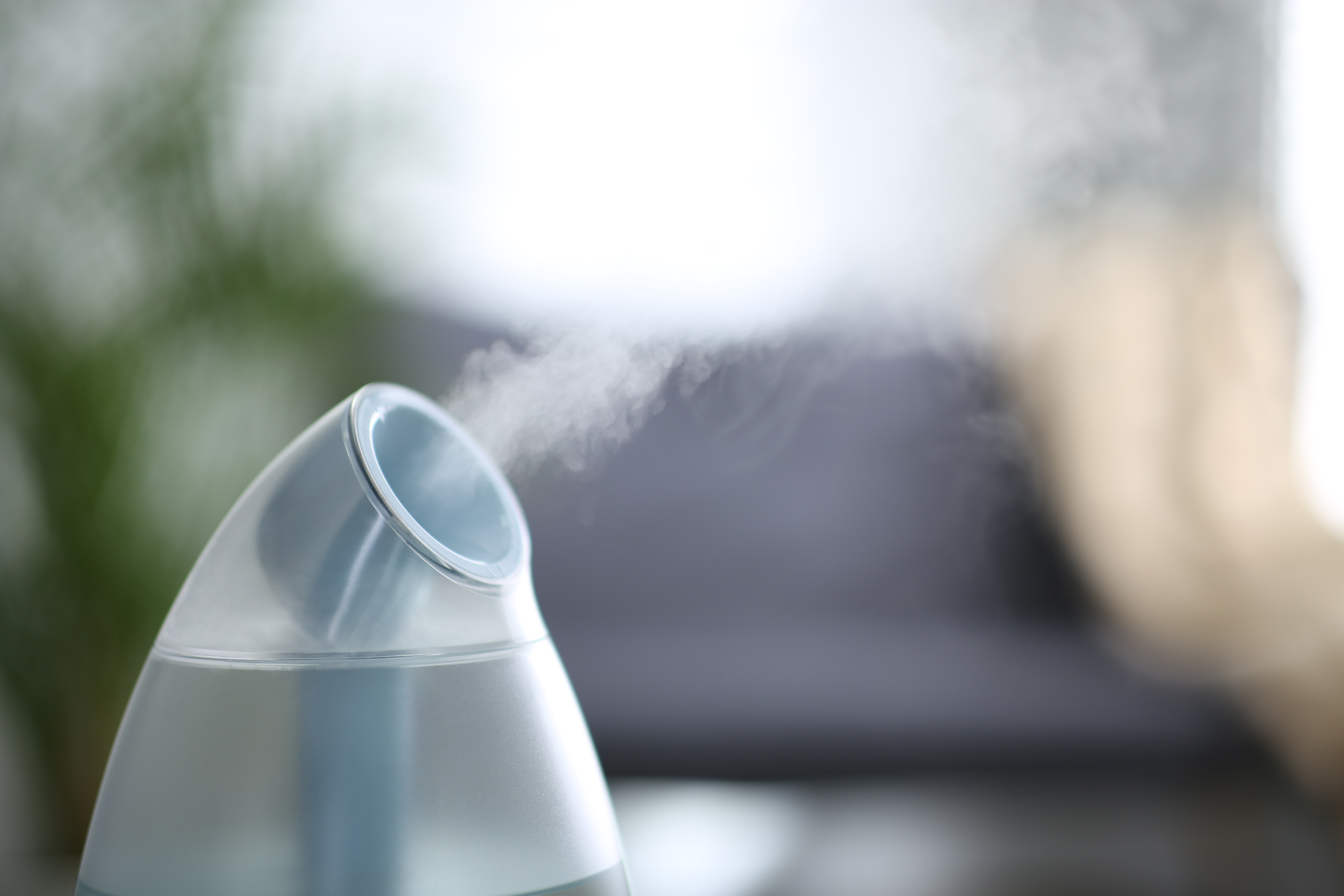
4. Flavor Your Water
Flavoring your water with cucumber, lemon, and/or lime slices is a great way to support yourself with additional nutrients in your water. But the main point here is to not grow fatigued with the plain, unexciting taste of pure water.
Many electrolyte formulas can have natural berry, melon, lemon, or some other flavor. I want to introduce the reader to my favorite electrolyte supplement. It actually MAKES you want to drink more frequently because you end up with a healthy craving that actually satisfies your taste buds as well.
My favorite brand is LMNT. Think of the word ‘element’ to remember this at your local health food store or when ordering online.
The added benefit of fruit slices is much more rapid hydration because of the larger molecule. But the electrolytes in your drinking water will help you maintain better voice support. In fact, once you start this protocol, you’ll notice the vocal folds coming together with far less effort!!!
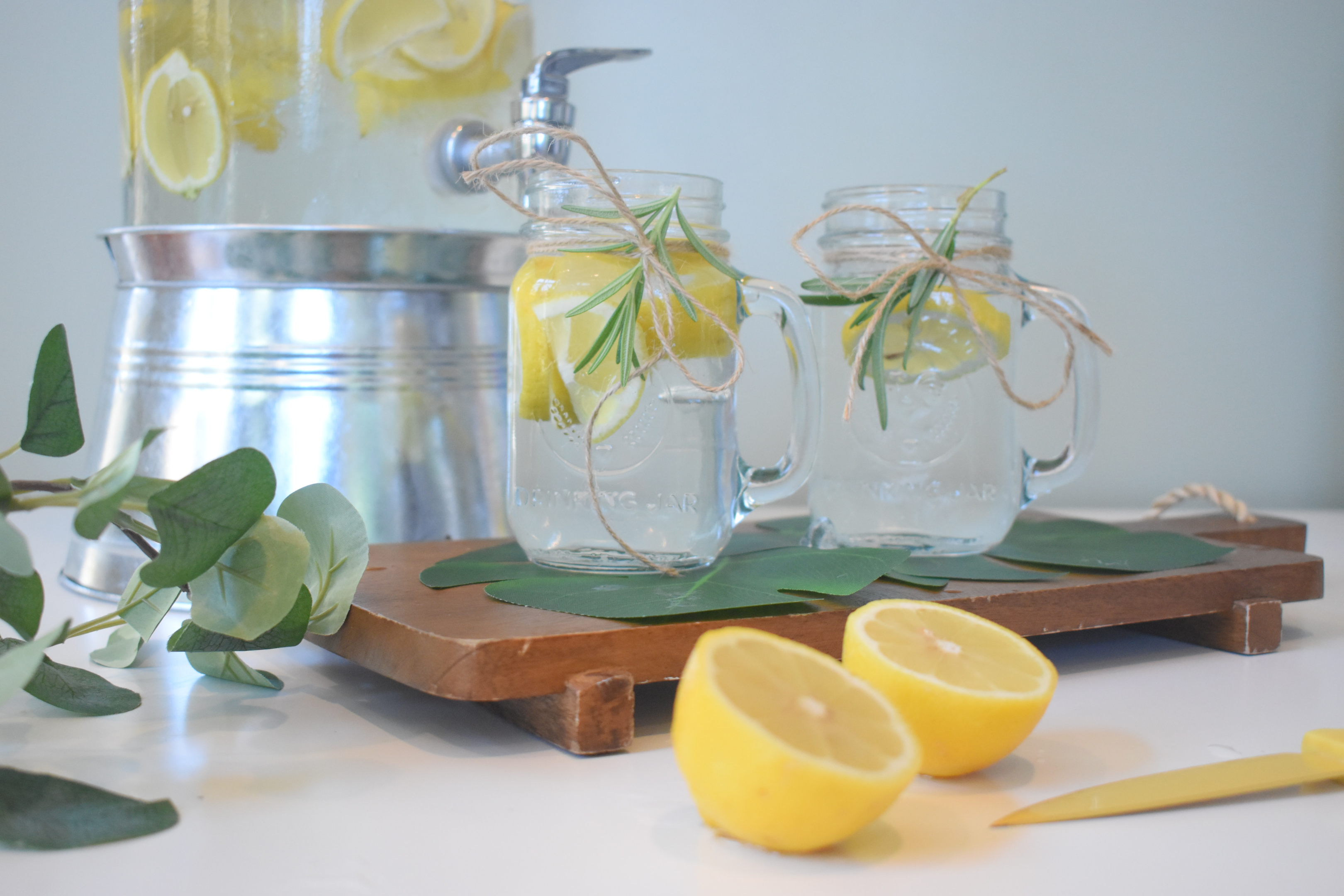
5. Be Aware of Medicine
Read the labels on any medicines you might be taking because they usually warn the user about possible dehydration as a side effect.
Other Caffeinated Beverages
Remember this, as long as you aren’t caffeine-sensitive, enjoying mild dosages of caffeine can be fine. You’ll need to factor this into your decision-making, especially if you easily experience vocal fold dehydration.
6. Drink Water Before You’re Thirsty
The vocal fold physiology, with all its surrounding complex structure, can be confusing until you realize this fact: When you drink water, the water doesn’t touch your cords. It travels down your esophagus and circulates through your digestive tract. (This is why you need water before you eat to help prevent acid reflux… a subject for another time).
So, vocal fold hydration should be a habit, not a bandaid. Don’t just drink once your throat feels dry or when you sense too much thick mucous in your throat.
Any professional voice user (whether singer, public speaker, singing teacher, businessman, or actor) will tell you that they habitually hydrate to maintain the highest voice quality.
Speaking usually utilizes slower vibrations in the vocal cords, so you may not think that water matters as much. Be vigilant! Your voice is your personality. It’s your distinctive thumbprint and should be highly valued!
7. Eat Foods With High Water Content
One last point… you can eat your water! Sounds pretty funny, but have you ever eaten a plate of watermelon and very soon afterward had to go the bathroom? Me too! The amount of water in melons, apples, celery, pears, cucumber, berries, grapes, and other extremely moist fruits and vegetables is enough to add significant amounts of vitamin, mineral, and trace mineral-rich water to your daily totals.
But What about Voice Lessons?
Vocal health doesn’t merely happen because you have healthy nutrition and exercise habits.
Throughout the years, I’ve coached extremely unhealthy singers with phenomenal vocal technique who FAR surpassed other singers with great physical health but poor technique or no technique.
Singing decently is kind of hard. Singing well is very difficult. Becoming a great singer seems impossible, so… you need EVERY advantage possible.
A certified vocal coach with a proven methodology will make the impossible become possible and will give you methods, understanding, tricks, vocal hacks, diagnostics, intuitive wisdom, and encouragement to rise to the level of your dreams.
Finally… it doesn’t HAVE to be THAT hard.
Contact us at:
615-866-1099
or
support@singingsuccess.com
to schedule a private session with one of our gifted coaches
Or join our online VIP course by clicking here!
Or…. be truly great. Even faster by doing both!






